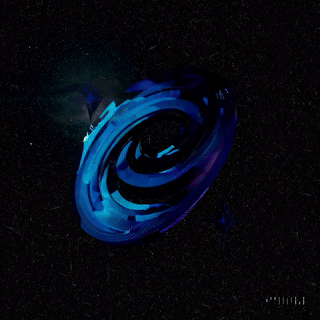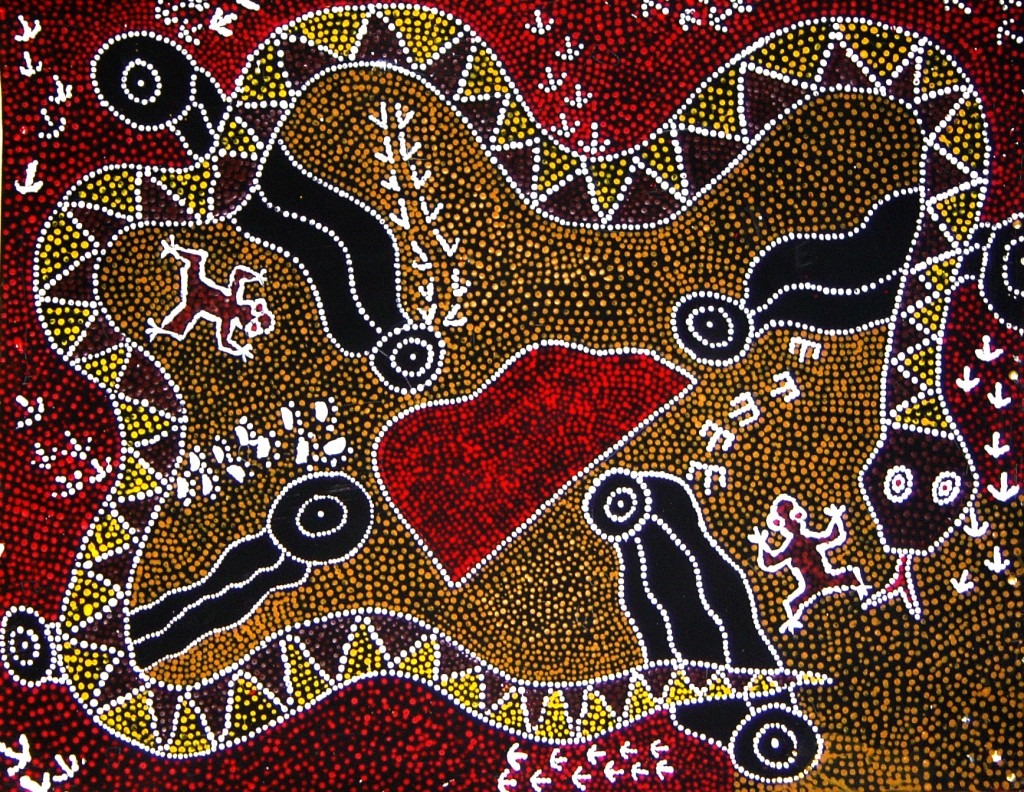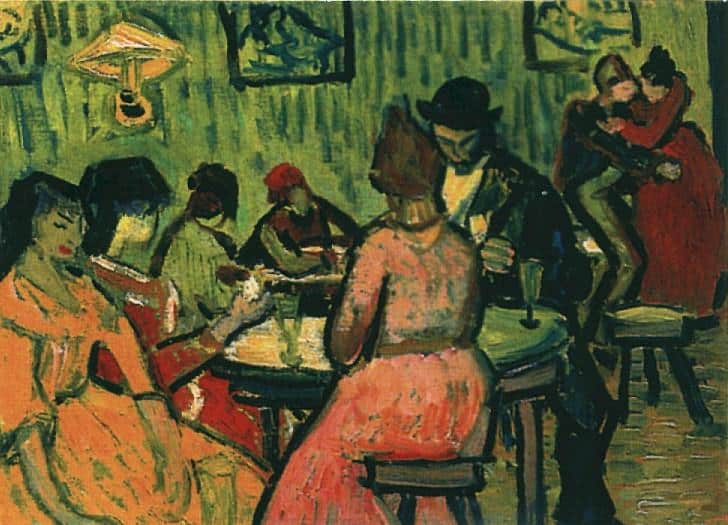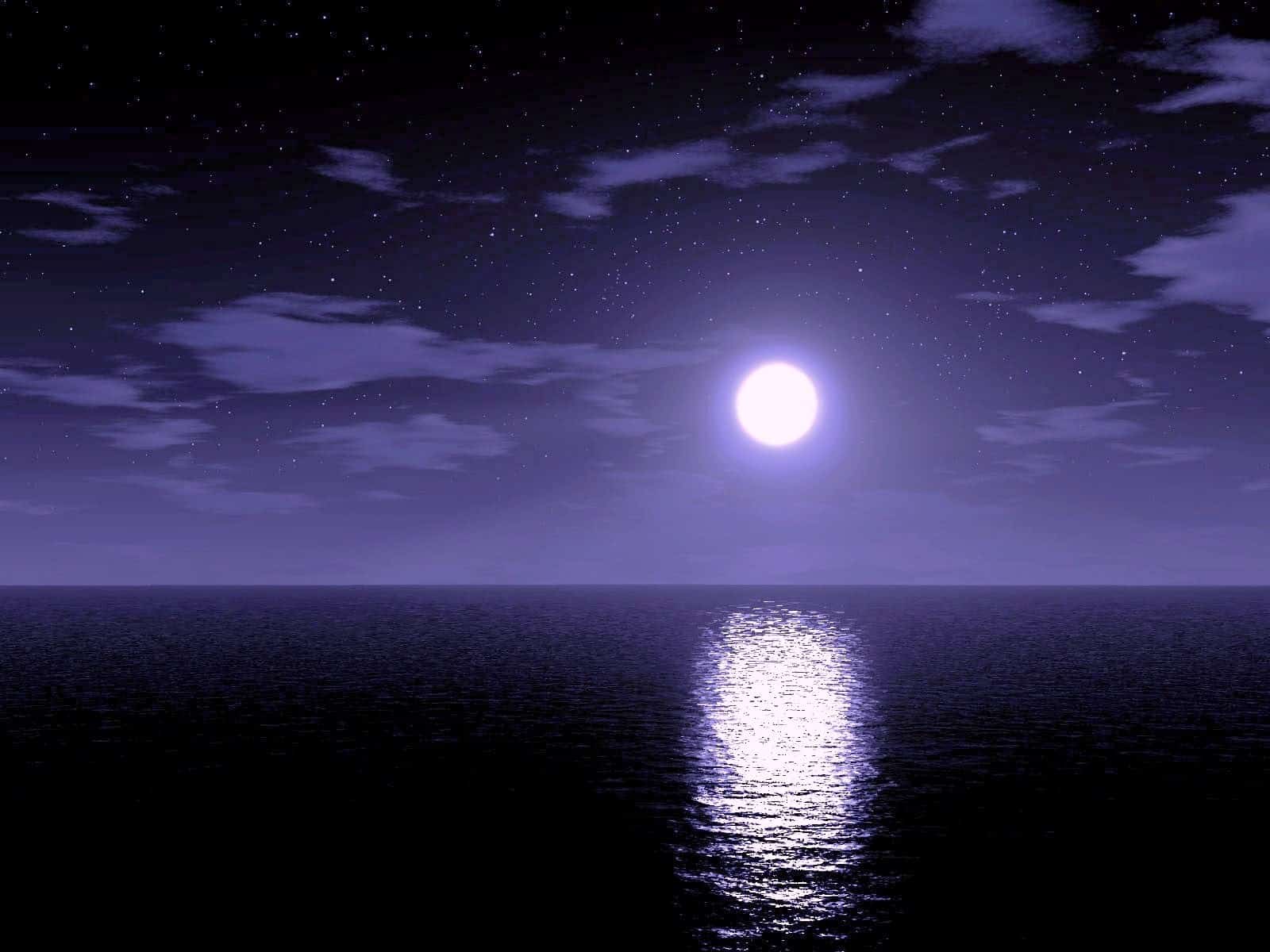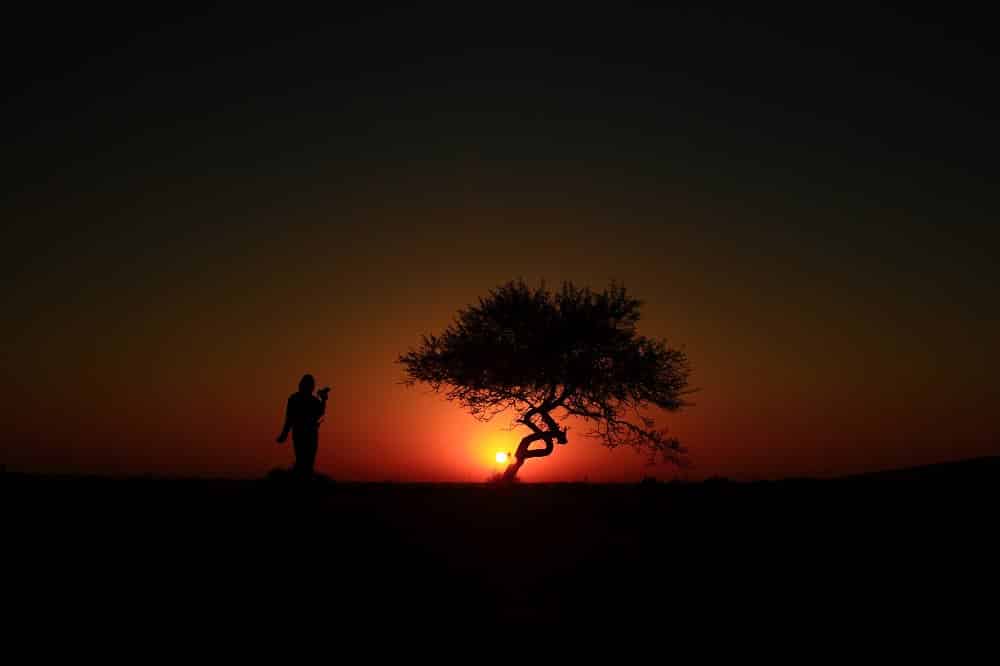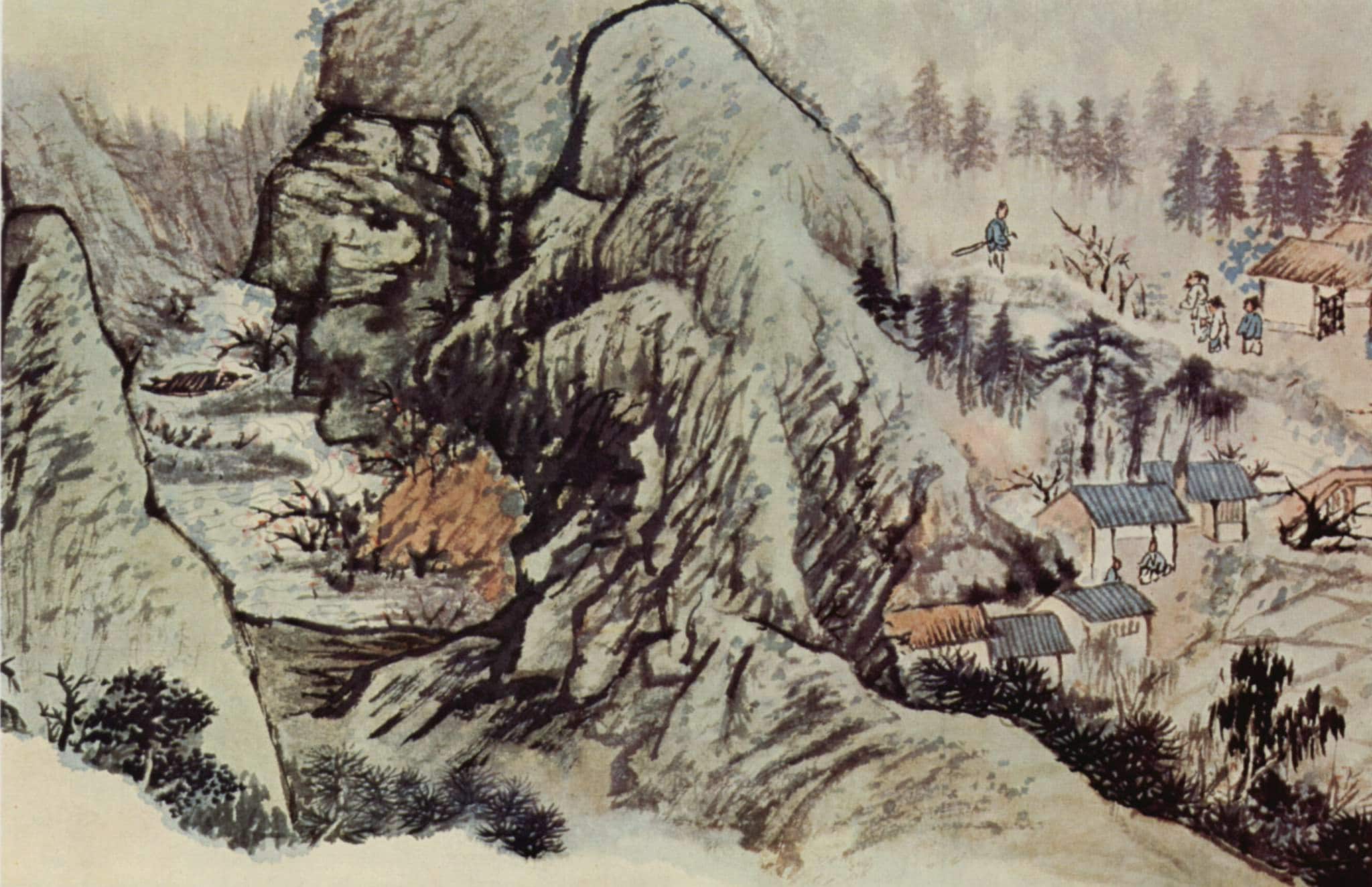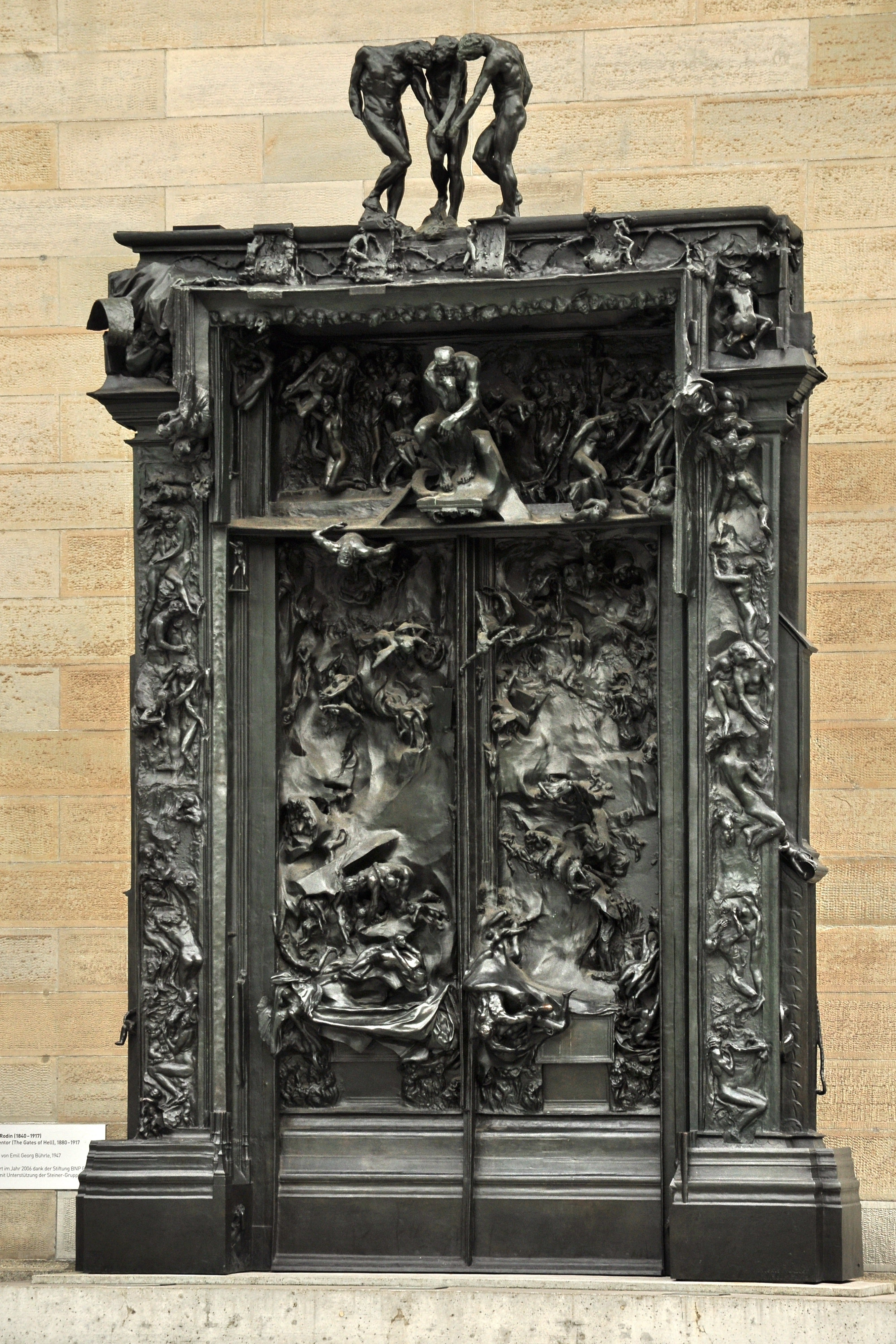The Wanderer, Part 7
Please read the first parts of the story here: The Wanderer, Part 1 The Wanderer, Part 2 The Wanderer, Part 3 The Wanderer, Part 4 The Wanderer, Part 5 The Wanderer, Part 6 Tas rolled awake in the midst of a hard rainfall, his canopy was beginning to flood because he hadn’t angled the roof … Read more
